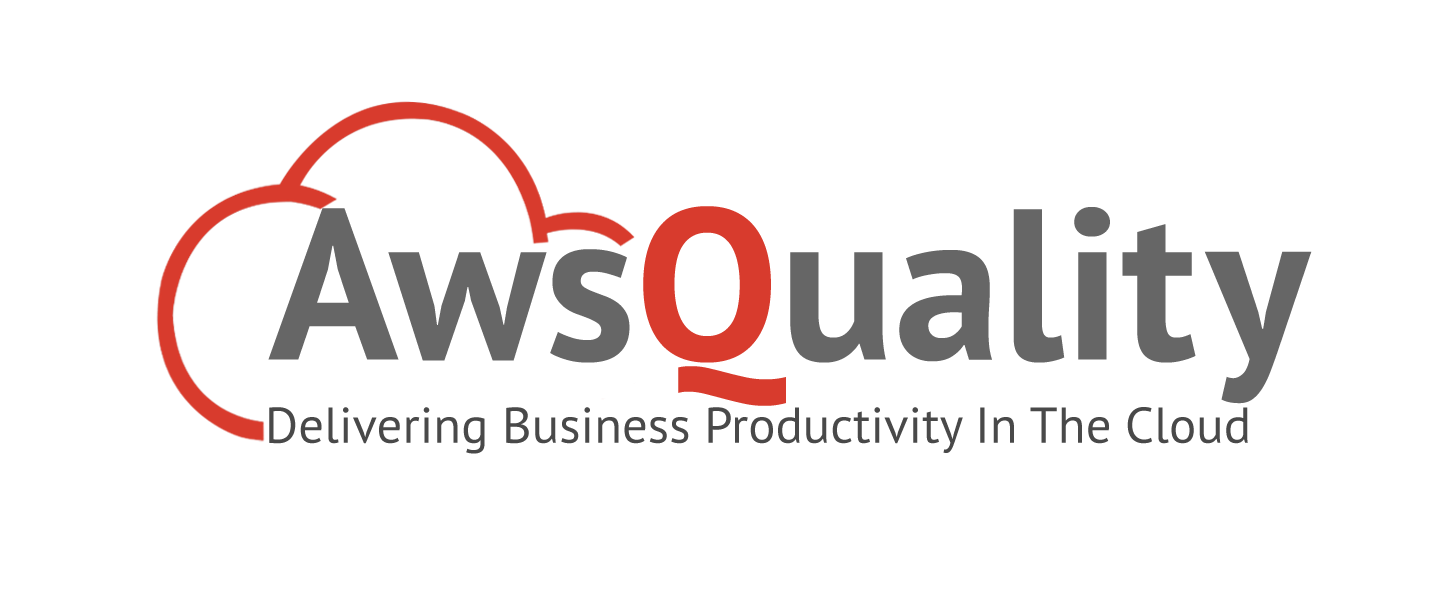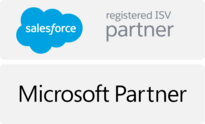
In the current digital economy, it is data that drives all of the customer experience, decision making and business intelligence. With an explosion of UK, London, Germany and Dubai firms investing in digitalisation, requirements for powerful data management platforms continue to surge. Salesforce Data Cloud and Snowflake are two of the major players in this industry. Although both the platforms provide complex functionalities on data storage and analysis & insight, their horizons differ. Salesforce Data Cloud has mastered in-the-moment, data-driven customer intelligence in the Salesforce arena, and Snowflake rules the cloud from a data warehousing standpoint with its agility and scalability. On AwsQuality (a leading Salesforce Consulting Partner), we assist global companies to implement the best salesforce consulting strategy to align with business objectives.
This post does a deep dive comparison of Salesforce Data Cloud versus Snowflake, focusing on their strengths, use cases, limitations and how to choose the right tool for your enterprise.
What is the Salesforce Data Cloud?
Salesforce Data Cloud (formerly Customer Data Platform) A customer data platform that is tailored to aggregate data from different source systems and consolidate them into one customer profile.
This is what allows businesses to get a 360-degree view of their customers and light up highly personalized experiences.
Salesforce Data Cloud’s salient features include:
- Customer Data Integration: Create a single, cohesive profile by combining data from first-, second-, and third parties.
- Real-Time Insights: Get the most recent information about client engagements.
- AI-Powered Forecasts: Use predictive analytics with Salesforce Einstein AI.
- Integration with the Salesforce Ecosystem: smooth interaction with Marketing, Service, and Sales Clouds.
- Data Privacy & Compliance: Integrated CCPA and GDPR data governance tools.
Ideal For: Companies with significant Salesforce CRM investments, particularly those in the retail, e-commerce, financial, and hospitality sectors.
What is Snowflake?
Snowflake is a fully managed cloud data platform known for its flexibility, scalability, and support for structured, semi-structured, and unstructured data. It’s built for data engineering, analytics and business intelligence across a variety of use cases.
Key Features of Snowflake:
- Cloud Data Warehousing: Store and manage vast amounts of data with elastic scalability.
- Advanced Analytics: Support for SQL-based queries and data science workflows.
- Data Lake Integration: Native data lake capabilities.
- Cost Efficiency: Pay-as-you-go model based on usage.
- Cross-Platform Compatibility: Integrates with multiple BI tools like Tableau, Power BI, and more.
Ideal For: Enterprises that require large-scale data storage, AI/ML workloads, or operate in multi-cloud environments.
Salesforce Data Cloud vs. Snowflake: A Side-by-Side Comparison
| Criteria | Salesforce Data Cloud | Snowflake |
| Focus | Customer data unification | General-purpose data warehousing |
| Real-Time Capabilities | Yes | Limited |
| Integration | Deep Salesforce integration | BI tools, ETL platforms |
| AI/ML | Einstein AI for customer predictions | External AI/ML model integration |
| Data Types | Structured customer data | Structured, semi-structured, unstructured |
| Best For | CRM & marketing optimization | Big data analytics & enterprise reporting |
| Pricing | Salesforce license-based | Usage-based (pay-as-you-go) |
Limitations of Salesforce Data Cloud
- Less Flexible for Non-Customer Data: Primarily designed for customer-centric data.
- Dependency on Salesforce Ecosystem: Best suited for organizations already using Salesforce tools.
- Limited Advanced Analytics: Compared to Snowflake, lacks deep analytical capabilities.
Limitations of Snowflake
- No Native CRM Integration: Requires additional configuration to sync with Salesforce or other CRMs.
- Real-Time Insights: Lags behind Salesforce Data Cloud in real-time responsiveness.
- Complex Setup: Requires expertise in SQL and data modeling.
When to Use Salesforce Data Cloud?
- You need real-time insights into customer behavior.
- You rely on Salesforce CRM, Marketing Cloud, or Service Cloud.
- You want to personalize campaigns and enhance customer journeys.
- You’re focused on data privacy and compliance.
When to Use Snowflake?
- You’re running AI or machine learning workloads.
- Your company handles diverse data types and needs scalable storage.
- You want to integrate with multiple BI and ETL tools.
- You’re conducting advanced analytics and data science projects.
Ideal Use Cases for Salesforce Data Cloud
- Retail & E-commerce: Track and predict buying behavior in real time.
- Financial Services: Personalize banking experiences.
- Healthcare: Enhance patient journeys and engagement.
- B2C Companies: Deliver targeted ads and omnichannel communication.
Ideal Use Cases for Snowflake
- Enterprise Data Lakes: Store petabytes of cross-departmental data.
- Big Data Analytics: Run complex SQL queries at scale.
- AI Model Training: Feed large datasets into ML pipelines.
- Cross-Platform Reporting: Centralize reports from disparate data sources.
How AwsQuality Helps You Make the Right Choice
AwsQuality is a Certified Salesforce Consulting Partner and a top Salesforce Consulting Company in India, UK, Dubai, and Germany. Our experts provide:
- Salesforce Implementation Services
- Data Cloud Setup & Integration
- Snowflake Integration Consulting
- Custom CRM and BI Solutions
- Marketing Automation with Salesforce and AI
With 4.9+ ratings on Clutch, TrustPilot, and Crunchbase, AwsQuality has built a reputation for driving successful Salesforce projects worldwide.
Clutch Rating: 4.9/5 | AwsQuality Clutch Profile | TrustPilot Rating: 4.8/5
Which platform prevails in the data war?
Depending on your business goals, you can choose between Snowflake and Salesforce Data Cloud. Salesforce Data Cloud is the best option if your objectives are CRM optimization, real-time personalisation, and customer interaction. However, Snowflake is the best option if you require a scalable, adaptable data warehouse for large-scale analytics and AI/ML applications. With our top Salesforce consulting services approach, we at AwsQuality help companies in the UK, USA, London, Germany and Dubai choose the appropriate solution for their needs. We help you optimize ROI with anything from data warehousing to Salesforce professional services.
To begin your data transformation journey with a Free Salesforce Audit, contact us at info@awsquality.com or sales@awsquality.com right now!
The website is www.awsquality.com.
FAQ
What is the key difference between Salesforce Data Cloud and Snowflake?
Snowflake is an analytics platform that runs on the cloud, while Salesforce Data Cloud is more focused on real-time customer data integration.
Is it possible to integrate Snowflake with Salesforce Data Cloud?
Indeed, they can be combined to offer strong analytics capabilities together with real-time client data.
Which is superior for use cases involving AI and machine learning?
Because of its scalable architecture and support for several data types, Snowflake is better suited for intricate AI/ML projects.
Can only Salesforce users access Salesforce Data Cloud?
Yes, for optimal integration and real-time CRM information, it works best when utilized within the Salesforce ecosystem.
What is the more economical platform?
The pay-as-you-go strategy employed by Snowflake may be more economical for companies that rely heavily on data. Salesforce charges on a subscription basis.
Is there such thing as a free Salesforce audit from AwsQuality?
Indeed, AwsQuality facilitates a free Salesforce audit which helps businesses to uncover weaknesses, streamline their CRM configuration as well as enhance the efficiency. Just e-mail them at info@awsquality.com to start.




